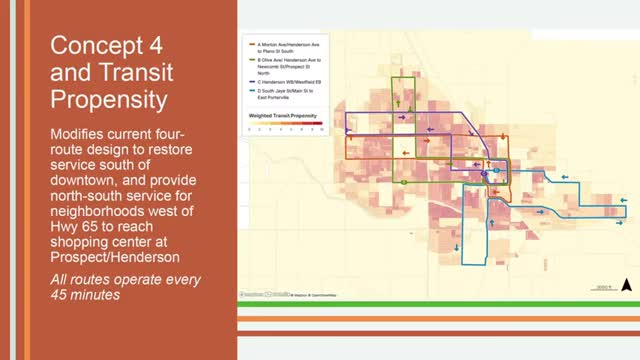Porterville council directs staff to refine proposed 'principles of individual liberty' ordinance after heated public debate
Get AI-powered insights, summaries, and transcripts
Subscribe
Summary
Council voted 4‑1 to ask staff to revise and return with a formal draft for first reading of an ordinance that would add a city commitment to individual liberty, including medical freedom, parental rights and women's safe spaces; the proposal drew sharply divided public comment.
Porterville’s City Council on Oct. 21 directed staff to redraft and return with a formal ordinance establishing a municipal “commitment to the principles of individual liberty,” after a meeting in which supporters and opponents made strongly worded public remarks.
The draft ordinance the council discussed would add a new section to the Porterville Municipal Code asserting the city’s commitment to legal principles the draft identifies as “individual liberty” — including medical freedom, parental rights and protections for women’s safe spaces — and would create a framework for a legal assistance program to help residents challenge mandates the council deems inconsistent with those principles.
Council action and council comments: after discussion and several suggested edits — including an expressed preference by at least one councilmember to require City Attorney findings or a council resolution before declaring a mandate “unlawful” — the council voted 4‑1 to direct staff to incorporate revisions and present the ordinance for formal introduction at a future meeting. The dissenting vote expressed concern about creating a new municipal program that could be used later for causes the current council does not support.
Public testimony: public commenters were sharply divided. Diane Wagner, who identified herself as a Porterville resident, told the council she opposed the draft ordinance and any publicly funded “legal defense fund” because she said it would “legalize discrimination and fund it with public dollars,” adding the measure “is not about protecting individual liberty; it is about punishing people for caring about safety, health, and inclusion.” Multiple other residents urged passage because they said the city should assert local control and protect parental rights and medical freedom after state and federal mandates they considered overreach.
Legal/administrative issues raised in council discussion: councilmembers and staff noted the need for careful legal review of the draft text to avoid conflicts with state or federal law and to define how any municipal legal assistance program would be administered and funded. The City Attorney offered to refine language and add correct statutory references; one councilmember proposed language tying a finding that a mandate is “unlawful” to a resolution supported by City Attorney analysis.
Next steps: staff will prepare a revised ordinance incorporating council direction and City Attorney edits and will present the updated draft for first reading at a subsequent meeting. The council also discussed possible funding mechanics and the limits on the city’s authority, noting that if challenged the ultimate remedy would be litigation by private parties rather than unilateral enforcement by the city.
Why it matters: the proposed language touches on constitutional and civil‑rights issues and would change how the city publicly frames its relationship to state and federal mandates; experts the council consults and the City Attorney’s final drafting will affect whether the city’s language withstands legal scrutiny.
